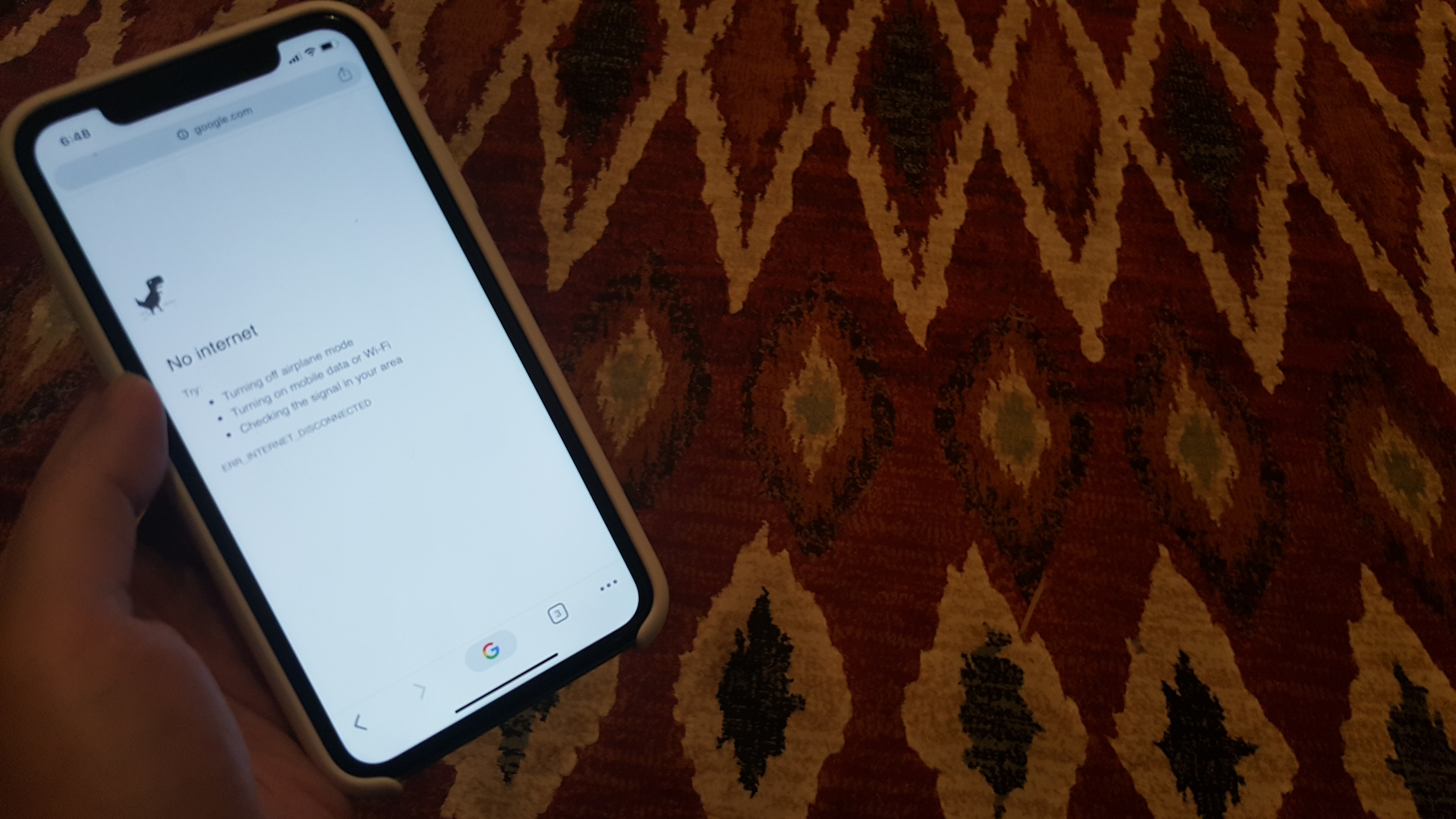Weekly Roundup 2/4/21

As people in Myanmar woke up to the news of a military coup on Monday, the military had restricted internet access to 50% of the country's normal digital traffic flow. In addition to throttling the internet, a journalist for Reuters tweeted that phone lines and radio services had been cut as well. Although access was restored later on Monday, the military issued an order blocking Facebook and the company's other products (WhatsApp and Instagram) in Myanmar, purportedly for security reasons. Those who opposed the military takeover had been using the platform to coordinate, and Facebook is the primary way that most in the country access the internet.
After the shutdown, demand for both VPNs and offline messaging apps skyrocketed in Myanmar, as activists sought to find ways to communicate in the event of future shutdowns. In response to the shutdown, the human rights monitoring NGO Witness updated its how-to guide for documenting abuses when the internet is unavailable. The Committee to Protect Journalists has called on the Burmese military to lift WhatsApp restrictions and permit private news stations to resume broadcasting.
Top weekly tech headlines, curated for you:
Open Internet:
- A new blog for the Council on Foreign Relations provided a list of recommendations for the Biden administration on developing a human rights-centered internet policy. Action items include increasing support for the development of internet freedom technologies through the Open Technology Fund, strengthening cooperation with allies on open internet principles and standards, and taking a comprehensive approach to tech platform transparency at home.
- Multiple news outlets reported that Twitter temporarily blocked the accounts of users who were critical of India's prime minister. One account included the handle of a well-known investigative newspaper, the Caravan. Others were linked to coordinators of ongoing farmers' protests surrounding India's new agricultural laws. Although Twitter restored the critical accounts, it has raised questions about the role of American tech companies in crackdowns on free speech and dissent worldwide.
- The Indian government also enacted an internet shutdown around New Delhi as protesting farmers clashed with police. Authorities claimed that the measure was taken to ensure public safety, though the use of internet blackouts has raised concerns about human rights abuses and free expression in the world's most populous democracy.
- Axios noted the sharp spike in use of internet shutdown and throttling tactics around the world this week amid political unrest, pointing to not only Myanmar and India, but to network interference in Russian cities in response to widespread protests in support of opposition figure Alexei Navalny.
- A new omnibus bill in Kenya that introduces amendments to the country's Official Secrets Act threatens citizens' rights to data privacy, according to Access Now. The law gives the Minister of the Interior the right to access data from any phone or computer, and introduces fines of over $9000 USD for those who do not comply to turn over their data.
Disinformation:
- Reflecting on the tenth anniversary of the Arab Spring, a Tunisian writer for Al Jazeera argues that social media in the Arab world has not lived up to its promises as a democratizing tool. Instead, it has become a powerful and dangerous political medium. While academic studies have disproved that Twitter and Facebook enabled the 2011 movements, big tech platforms have continued to spin this narrative to provide a "veneer of respectability" over questionable business practices that allow disinformation to run rampant.
- A new working paper from the National Endowment for Democracy examines civil society responses to disinformation threats around the world and provides recommendations for CSOs working to counter disinformation threats.
- In a new column for the New York Times, two writers discuss the potential for encrypted messaging apps to become new disinformation hotspots in the U.S. as extremist groups leave Facebook in droves.
AI:
- Google recently agreed to begin providing cloud computing services in Saudi Arabia, drawing both ire and concern from dissidents who fear the deal will increase the government's ability to harass and surveil journalists and activists, and make it easier to curtail free speech. Many feel that the company put its prospects for earnings growth ahead of the reputational risk from providing cloud and AI services to authoritarians.
- Protesters in Moscow claim that police forces are using facial recognition to track them down and arrest them after their participation in pro-Navalny demonstrations over the weekend. Moscow ramped up its facial recognition and surveillance capabilities in the early months of the pandemic.
- Canada's privacy commissioner has banned Clearview AI from operating in the country and ordered it to delete any Canadian faces from its database. This is the strongest stance a country has taken to date against the company, which scrapes photos from public social media pages to build facial recognition for U.S. law enforcement agencies.
Other Tech News:
- Music streaming platform Spotify is looking to patent a technology that would allow it to use background noise and a user's voice and speech patterns to curate music selections for them. The potentially invasive technology is an instance of "emotion recognition software" that seeks to use clues such as tone and speech patterns to recognize and respond to emotional states.
- Wikipedia recently launched a new set of global standards to combat abuse and promote diversity on their platform. Enforcement of the new code of conduct for users will include trainings for members of the Wikipedia community.
